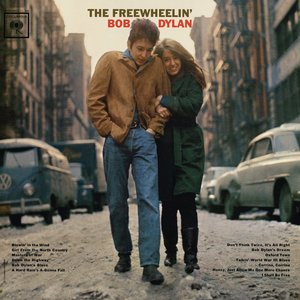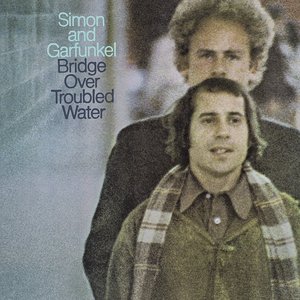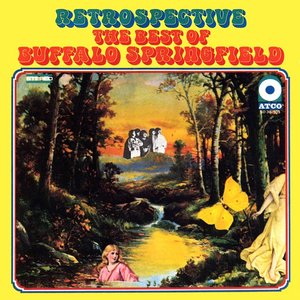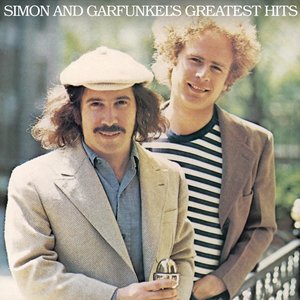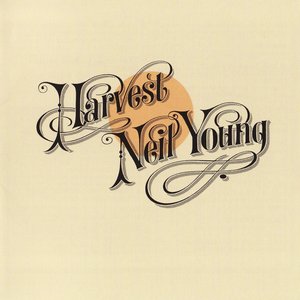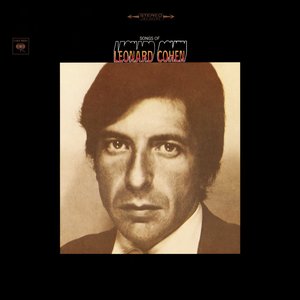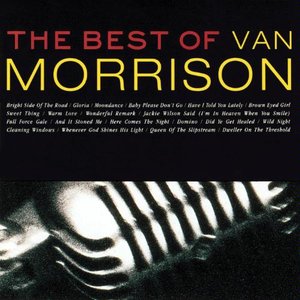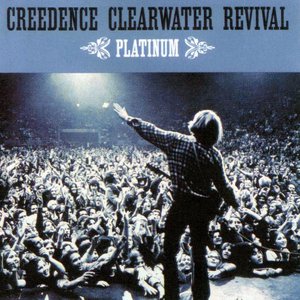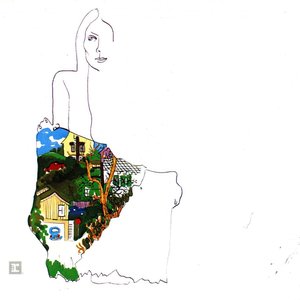Wiki
-
Length
3:14
"The Times They Are a-Changin" is a song written by Bob Dylan and released on his 1964 album of the same name.
Dylan appears to have written the song in September and October 1963. He offered it as a Witmark music publishing demo in that month—a version that was finally released on The Bootleg Series Volumes 1–3 (Rare & Unreleased) 1961–1991. The song was then recorded in the Columbia studios in New York on the 23rd and 24th October, and the latter yielded the version that became the title song of Dylan's third album.
Dylan recalled writing the song as a deliberate attempt to create an anthem of change for the moment. In 1985, he told Cameron Crowe: "This was definitely a song with a purpose. It was influenced of course by the Irish and Scottish ballads …'Come All Ye Bold Highway Men', 'Come All Ye Tender Hearted Maidens'. I wanted to write a big song, with short concise verses that piled up on each other in a hypnotic way. The civil rights movement and the folk music movement were pretty close for a while and allied together at that time."
Dylan biographer Clinton Heylin recounts how Tony Glover stopped by Dylan's apartment in September 1963, picked up a page of the song Dylan was working on and read a line from it: "Come senators, congressmen, please heed the call.' Turning to Dylan, Glover said, 'What is this shit, man?' Dylan shrugged his shoulders and replied, 'Well, you know, it seems to be what the people want to hear."
Dylan critic Michael Gray called it "the archetypal protest song." Gray commented, "Dylan's aim was to ride upon the unvoiced sentiment of a mass public—to give that inchoate sentiment an anthem and give its clamour an outlet. He succeeded, but the language of the song is nevertheless imprecisely and very generally directed." Gray suggests that the song has been outdated by the very changes that it gleefully predicted, and hence the song was politically out of date almost as soon as it was written.
Literary critic Christopher Ricks suggests that the song transcends the political preoccupations of the time in which it was written. Ricks argues that Dylan is still performing the song, and when he sings "Your sons and your daughter/Are beyond your command", he sings inescapably with the accents not of a son, no longer perhaps primarily a parent, but with the attitude of a grandfather. Ricks concludes: "Once upon a time it may have been a matter of urging square people to accept the fact that their children were, you know, hippies. But the capacious urging could then come to mean that ex-hippie parents had better accept that their children look like becoming yuppies. And then Republicans…"
Critic Andy Gill points out that the song's lyrics echo lines from the Book of Ecclesiastes which Pete Seeger adapted to create his anthem "Turn, Turn, Turn!". The climactic line about the first later being last, likewise, is a direct scriptural reference to Mark 10:31: "But many that are first shall be last, and the last first."
Less than a month after Dylan recorded the song, President John F. Kennedy was assassinated in Dallas, Texas on November 22nd, 1963. The next night, Dylan opened a concert with his song "The Times They Are a-Changin"; he told biographer Anthony Scaduto: "I thought, 'Wow, how can I open with that song? I'll get rocks thrown at me.' But I had to sing it, my whole concert takes off from there. I know I had no understanding of anything. Something had just gone haywire in the country and they were applauding the song. And I couldn't understand why they were clapping, or why I wrote the song. I couldn't understand anything. For me, it was just insane."
According to the The Times They Are A-Changin' Songfacts, handwritten lyrics to four verses of this song jotted on a scrap of paper by Dylan were sold for $422,500 at a December 10, 2010 sale. Hedge fund manager and contemporary art collector Adam Sender placed the winning bid by phone to Sothebys in New York.
Track descriptions on Last.fm are editable by everyone. Feel free to contribute!
All user-contributed text on this page is available under the Creative Commons Attribution-ShareAlike License; additional terms may apply.


